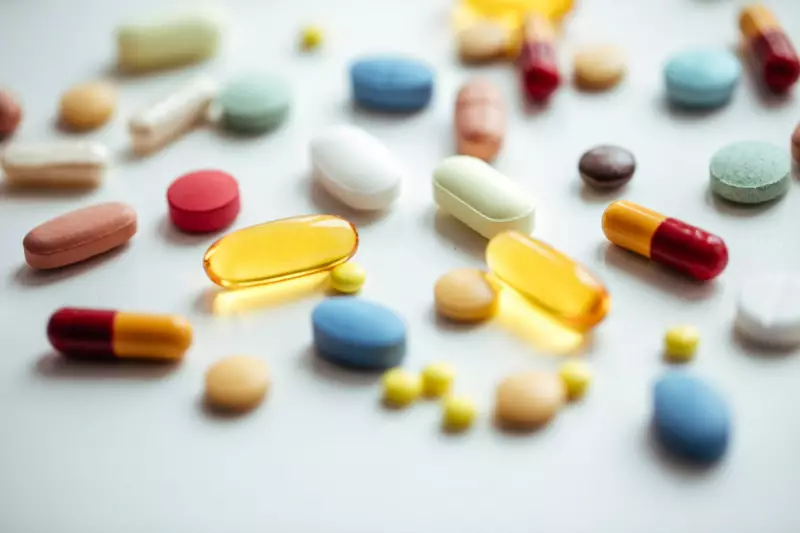
The hidden danger in your medicine cabinet
Every year, people across the globe swallow an astonishing 3.8 trillion doses of medicine, making oral medication the most common method for taking drugs at home. While generally safe, this routine practice carries an unexpected risk that affects thousands annually.
Pill-induced oesophagitis occurs when tablets or capsules become lodged in the lower oesophagus, where it meets the stomach. When medication dissolves in this narrow passage, it releases active ingredients directly onto delicate tissue, causing chemical burns and inflammation.
Who's most at risk and what to watch for
Studies indicate this condition affects approximately 3.9 per 100,000 people each year, though experts believe many mild cases go unreported as they resolve without medical intervention.
Middle-aged women face the highest risk, partly because they're more likely to take regular medications including bone health treatments. Older adults also encounter increased vulnerability due to age-related changes in oesophageal movement. Even children experience unique risks from smaller anatomy and difficulty swallowing pills.
Symptoms often mimic heartburn but typically present as sharper, more localised pain behind the breastbone. Patients might notice swallowing difficulties, sudden hoarseness, or voice changes. In rare untreated cases, damage can deepen significantly, allowing ulcers to rupture through the oesophageal wall with potentially severe consequences.
Problematic medications and prevention strategies
Several common medications pose particular risks:
- Bisphosphonates for osteoporosis affect approximately one in ten post-menopausal women in the UK
- Tetracycline antibiotics used for various infections
- Aspirin and ibuprofen which disrupt protective barriers rather than causing direct chemical burns
- Even over-the-counter supplements including caffeine tablets, potassium chloride, L-arginine, and high-dose vitamins C and E
Gelatine-based soft capsules present additional concerns as their moisture-absorbing properties can make them sticky, increasing the likelihood they'll adhere to oesophageal walls.
The encouraging news is that most mild cases resolve within days or weeks once the offending medication is identified and stopped. Prevention remains straightforward: always take pills with a full 200ml glass of water, remain upright for at least 30 minutes afterward, and consider swallowing medications individually rather than multiple at once.
For those requiring long-term treatment with problematic drugs, doctors might recommend alternative formulations, injections, or additional protective medications like proton pump inhibitors. If you experience persistent pain or swallowing difficulties after taking medication, seek prompt medical advice as simple adjustments to how you take tablets can make significant differences to your health.






